Here at XDA, we're in favor of toying around and trying software that's a little less mainstream. Whether it's simple open-source software or programs you can host on your own private server, we cover a lot of it, but one thing we don't often talk about is custom firmware for PCs. But that doesn't mean it doesn't exist, and Coreboot is one of the most notable examples of exactly that.
This open-source project aims to bring lightweight custom firmware to all kinds of PC devices, all while being open-source so you can know exactly what's going on in your system. Coreboot is an interesting project, and it's even been adopted by Google for ChromeOS, with most modern Chromebooks shipping with Coreboot as the stock firmware. But just because it's interesting conceptually, it doesn't mean you should rush to install it on your own PC, and there are a few reasons why.
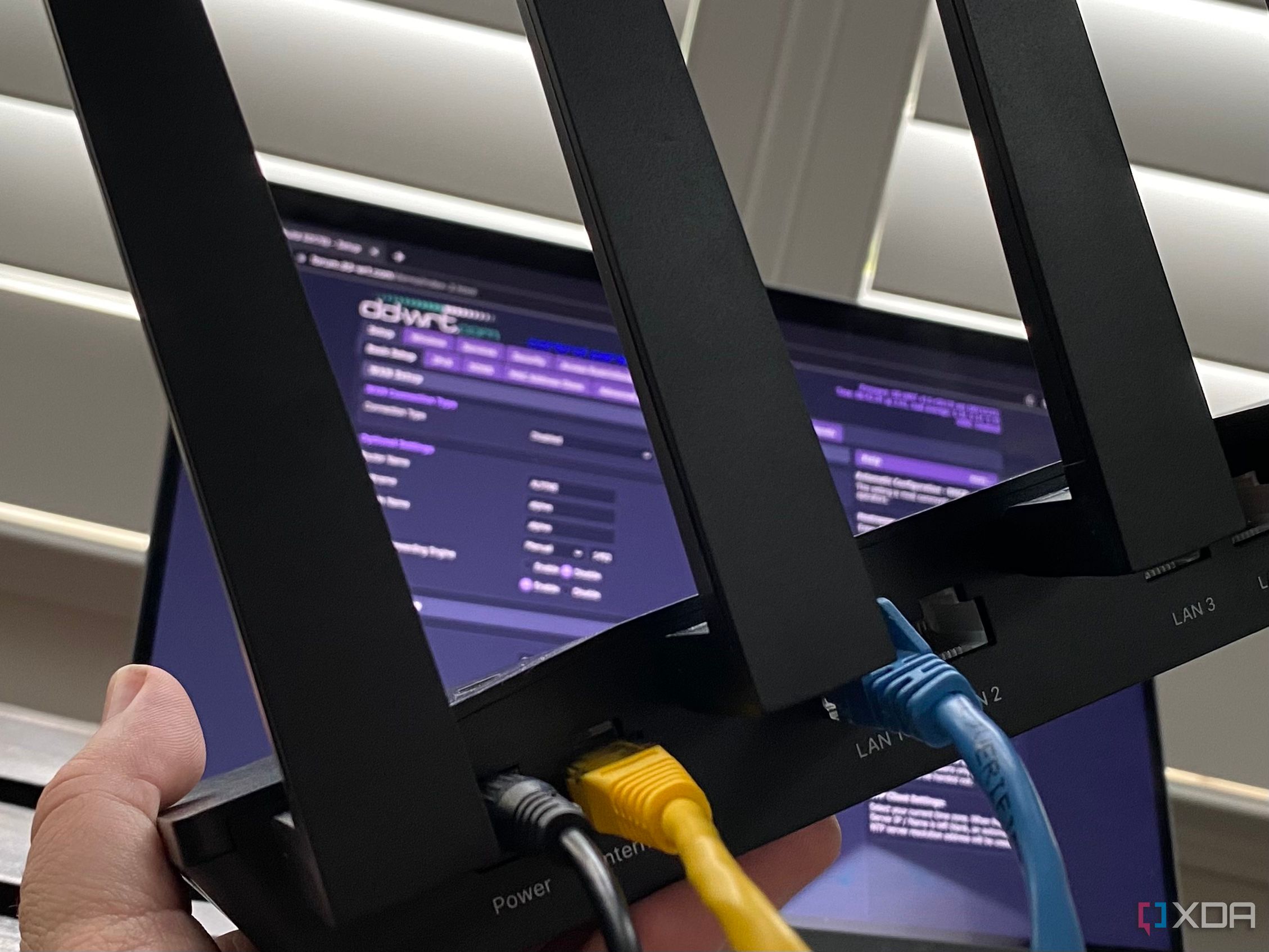
Related
6 reasons you don’t really need custom router firmware
Custom router firmware used to be the only way to get certain features but those days are mostly gone.
4 It doesn't support most PCs
It's not easy to make a unified firmware platform
Right off the bat, it's important to mention that Coreboot is not likely to work on most hardware configurations. As a piece of firmware designed to replace the BIOS or UEFI, Coreboot is interfacing directly with the bare hardware, and as such, it has to be ported to every single chipset and motherboard it supports individually. Adding support for different configurations is not an easy task, so there are going to be a lot of limitations.
Aside from ChromeOS devices, most OEMs aren't interested in supporting Coreboot on their platforms, so it's all up to community projects to try and take up the mantle, which makes things that much harder. On desktops, it could theoretically be a bit easier since chipsets and motherboards are more or less standardized, but for laptops, the multitude of custom designs makes it very unlikely that a laptop you have at home will support Coreboot. Not to mention you may have to do a lot of digging to find a release of Coreboot specifically targeted at your system.
You can buy some systems that come with their own custom Coreboot-based firmware, such as a few models from System76, but if your PC didn't support it out of the box, you're most likely out of luck.
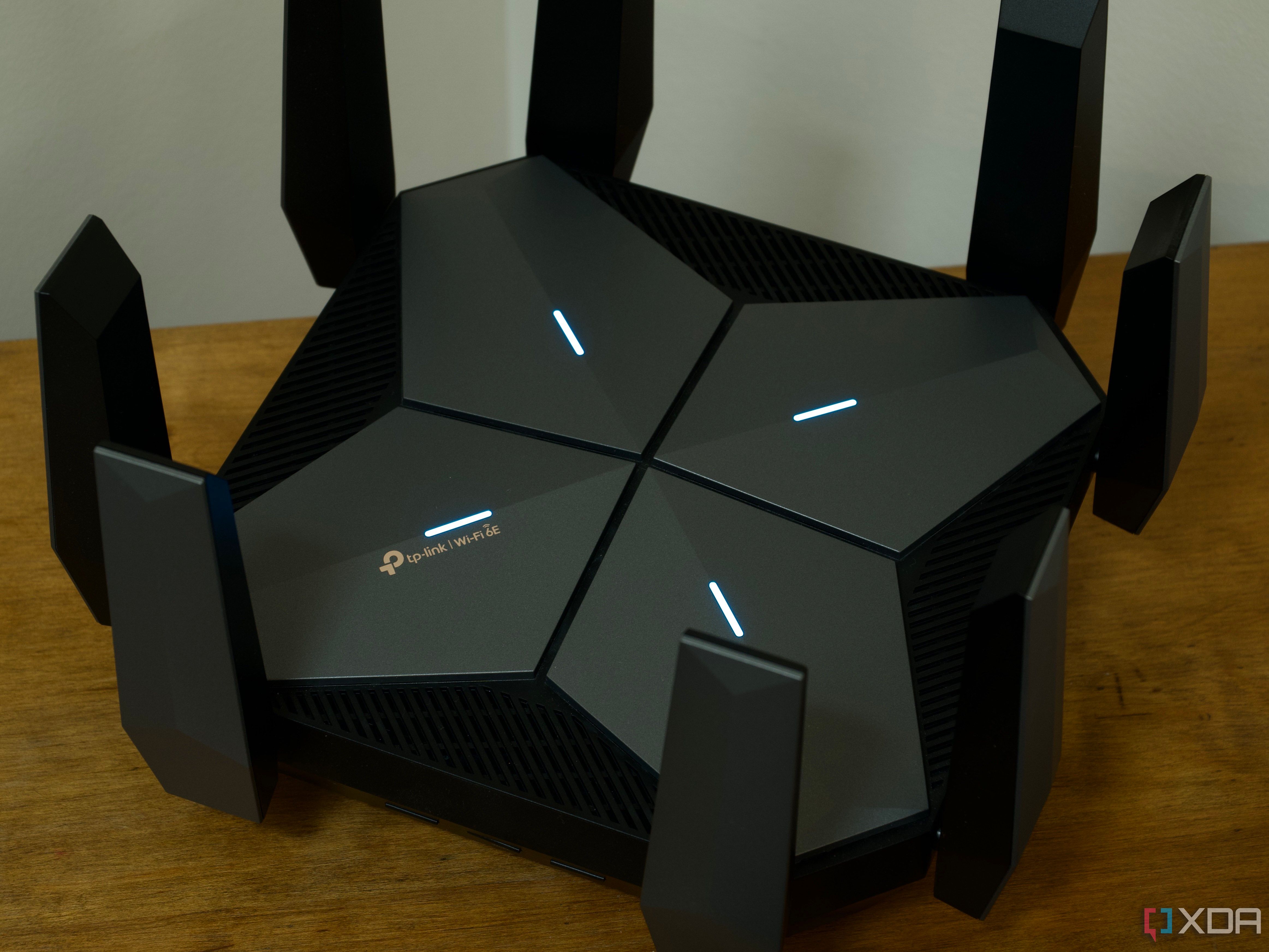
Related
What happened to router custom firmware?
It was once a no-brainer to install custom firmware on a router, but support has largely dried up.
3 Most PCs work just fine with stock firmware
You don't need everything to be open-source
Now, don't get me wrong, I understand the appeal of open-source software and why many people prefer it to the typical software options on the market. Transparency is very important to a lot of people, and understandably so. But for most folks, does it really matter?
Frankly, how many times do you even interact with the firmware of your PC? Can you even tell that the stock firmware is causing any kind of issues or impacting performance? And even if there is a firmware issue at some point, isn't it easier to wait for an official BIOS update with an easy-to-use installation method? There is no reason for the vast majority of people to go looking for trouble by installing custom firmware.
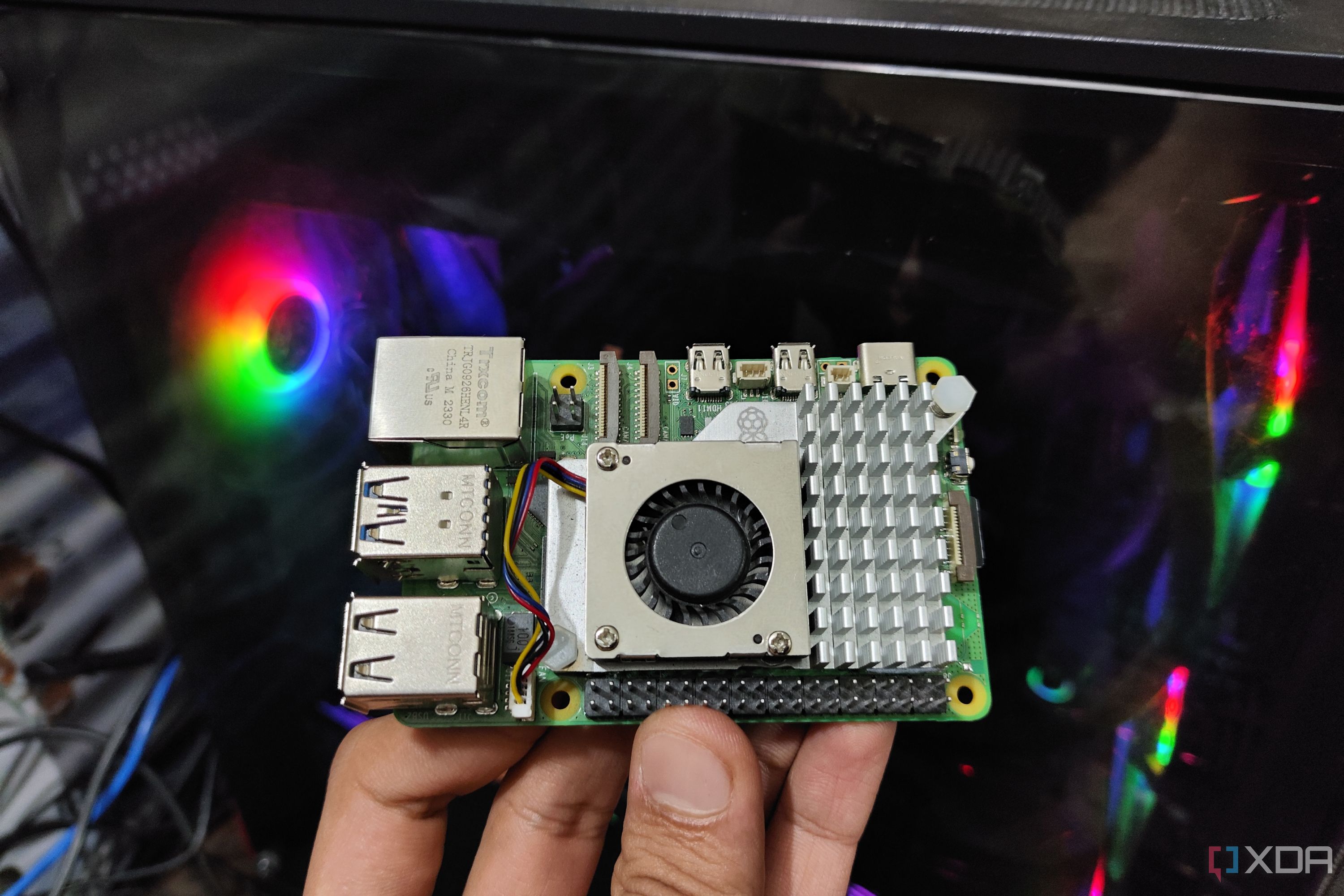
Related
How to update the firmware on Raspberry Pi
Even when you use a Raspberry Pi to serve as a fridge controller or game console, you might need to update the device to keep it working.
2 Messing with custom firmware can go very wrong
It's a risky business

It probably should go without saying, but when we're talking about custom firmware, there are always big risks involved. We're talking about modifying the very basis of your entire system, the software that underpins every single thing you do on your computer, and that means anything you do can have drastic consequences. If you've followed XDA for many years, you probably already know this based on our previous phone coverage, but with PCs being even more important work devices most of the time, while also having firmware that's even less ready to be modified, the risks are that much bigger.
Anyone who has doubts about being able to carry out this process simply shouldn't attempt it at all, as the damage could be irreversible and you may be left without a usable computer. And even if you're proficient at using a computer and all kinds of software, this is another level of risk, so it's best to exercise extreme caution here.
1 It doesn't play nicely with Windows
Linux or bust
As the primary PC platform for at least the last three decades, Windows has been a big focus of PC firmware development over the years, and conversely, Windows has come to rely on the industry-standard firmware offerings, too. UEFI is required for Secure Boot on Windows 8 and above, and Secure Boot support is required for Windows 11, for example, so you can already see where problems start to arise when to comes to using non-UEFI firmware.
Of course, the problems run much deeper than that, but the bottom line is Windows is not really designed to be booted on non-UEFI firmware, which means if you plan to use Coreboot, you're most likely stuck with Linux distributions, and even then, your mileage may vary. If you're going to the length of using custom firmware, I suspect you're already not interested in using Windows in the first place, but the point is you're in a very small minority of the population. The vast majority of people use Windows, and if you install Coreboot, you're making that nearly impossible.
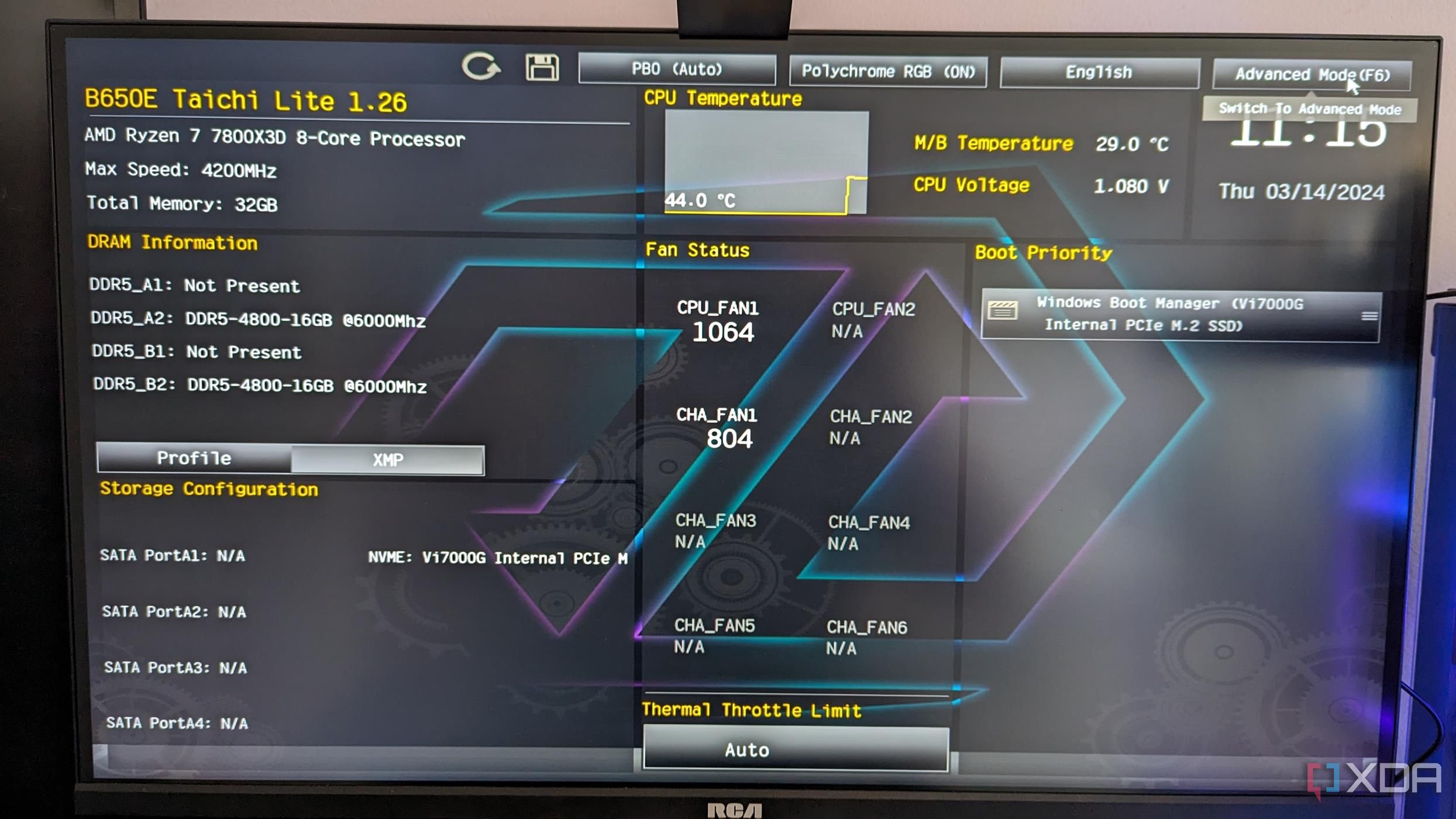
Related
What is UEFI, and how it is different from a normal BIOS?
UEFI provides a more graphical interface than a typical BIOS, allowing for better accessibility and options to be changed more easily
Leave your PC alone
I understand wanting to explore open-source alternatives to popular software, and with BIOS/UEFI implementations being potentially the most widespread piece of software in the PC landscape, it can be tempting to consider alternatives. But the sheer popularity of UEFI and BIOS systems is also what makes it so hard to break free from it, and for the vast majority of people, it just doesn't make sense to risk breaking your PC or rendering it uselss just to install a piece of firmware that likely has next to no tangible benefits in your day-to-day experience.
.png)
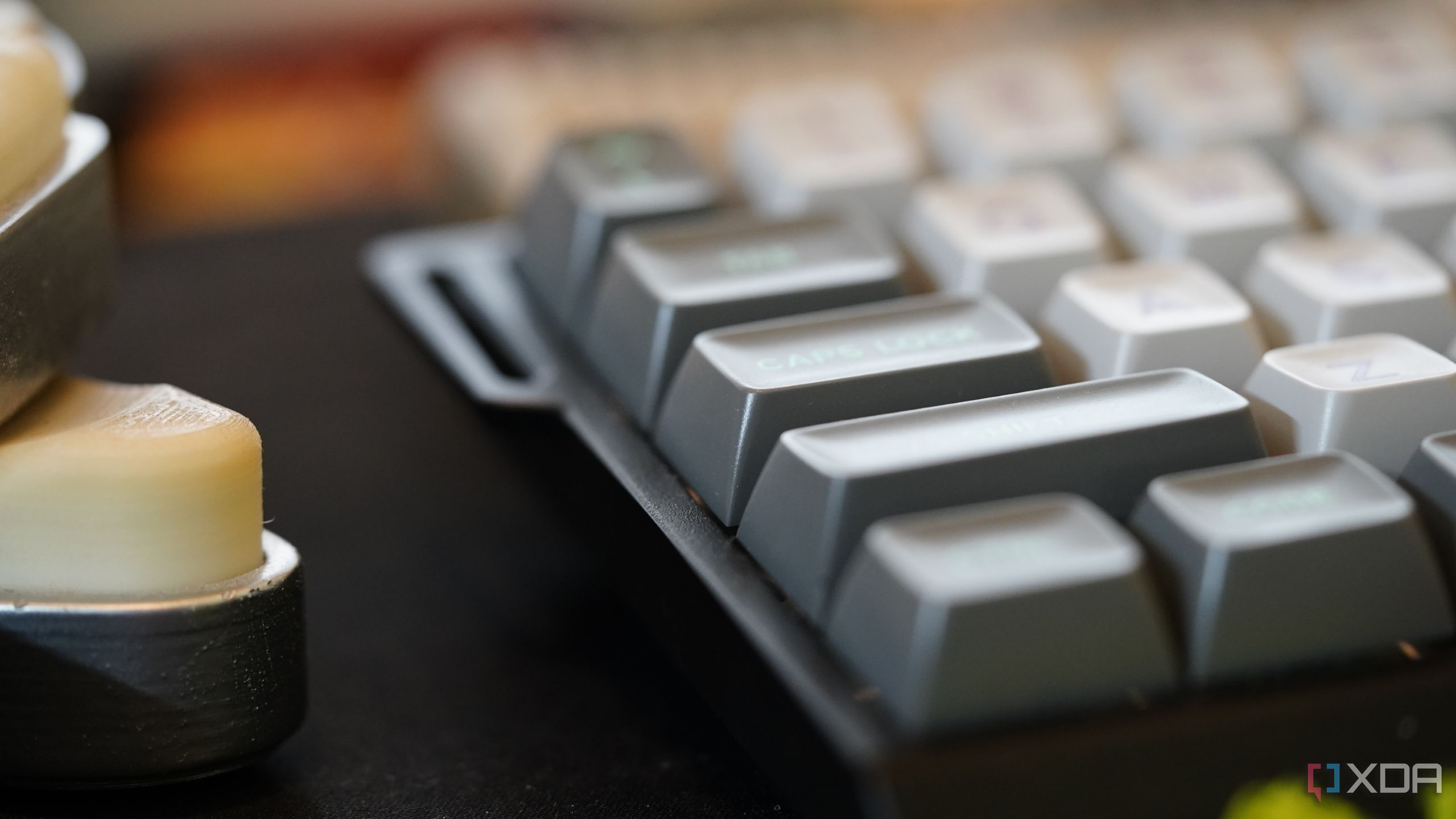
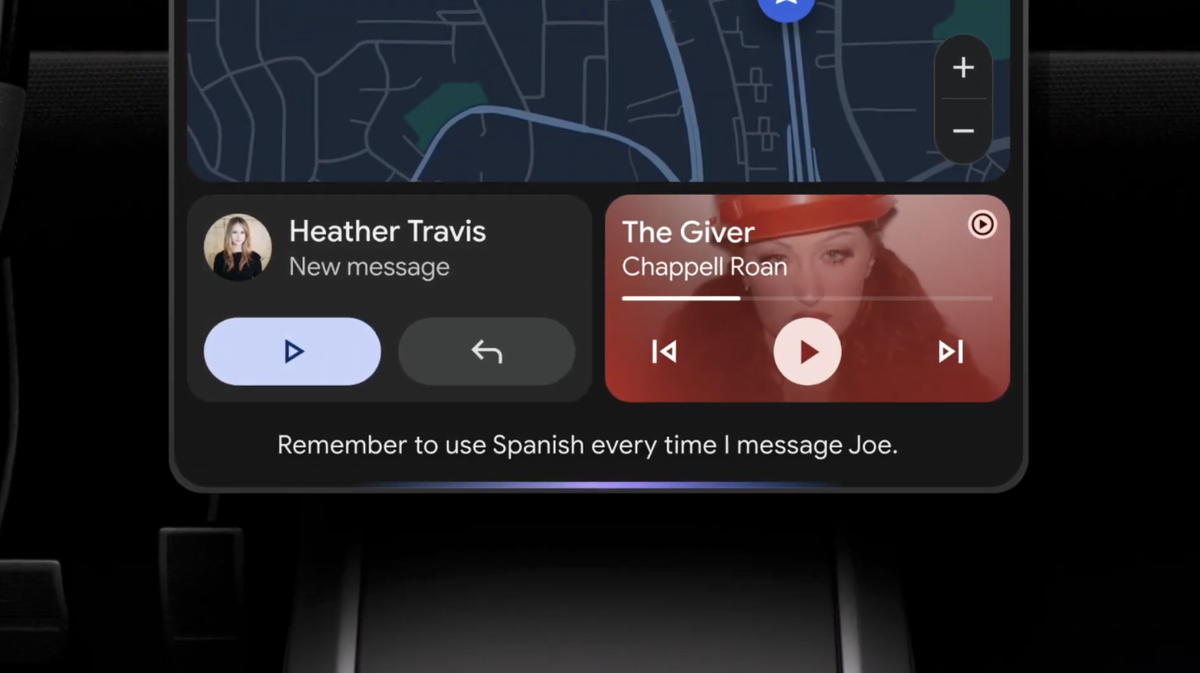


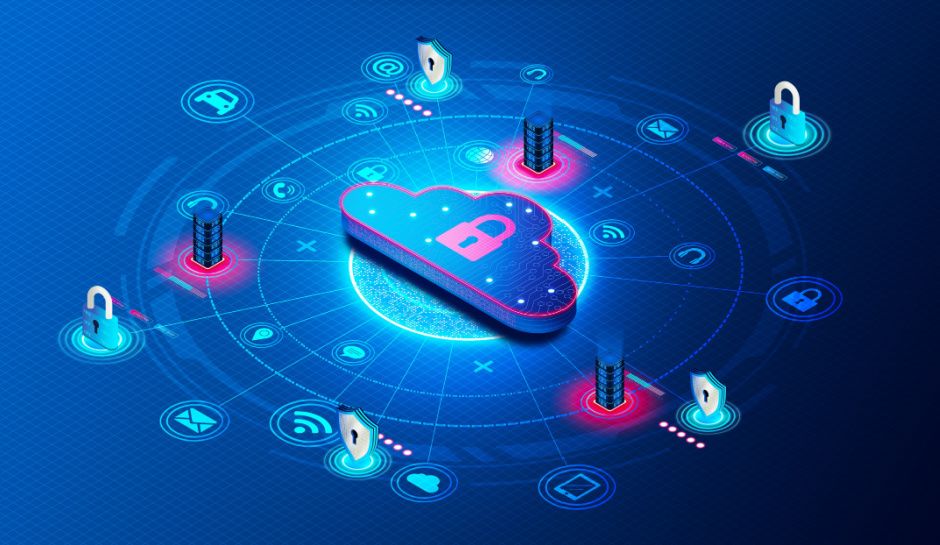
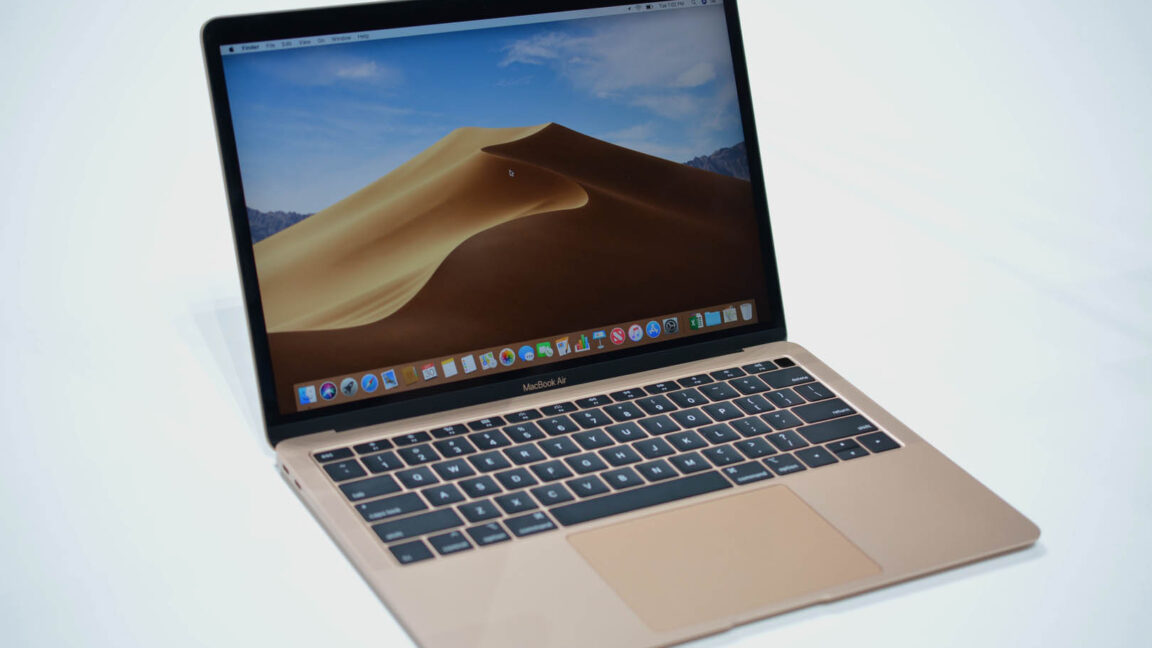





 English (US) ·
English (US) ·